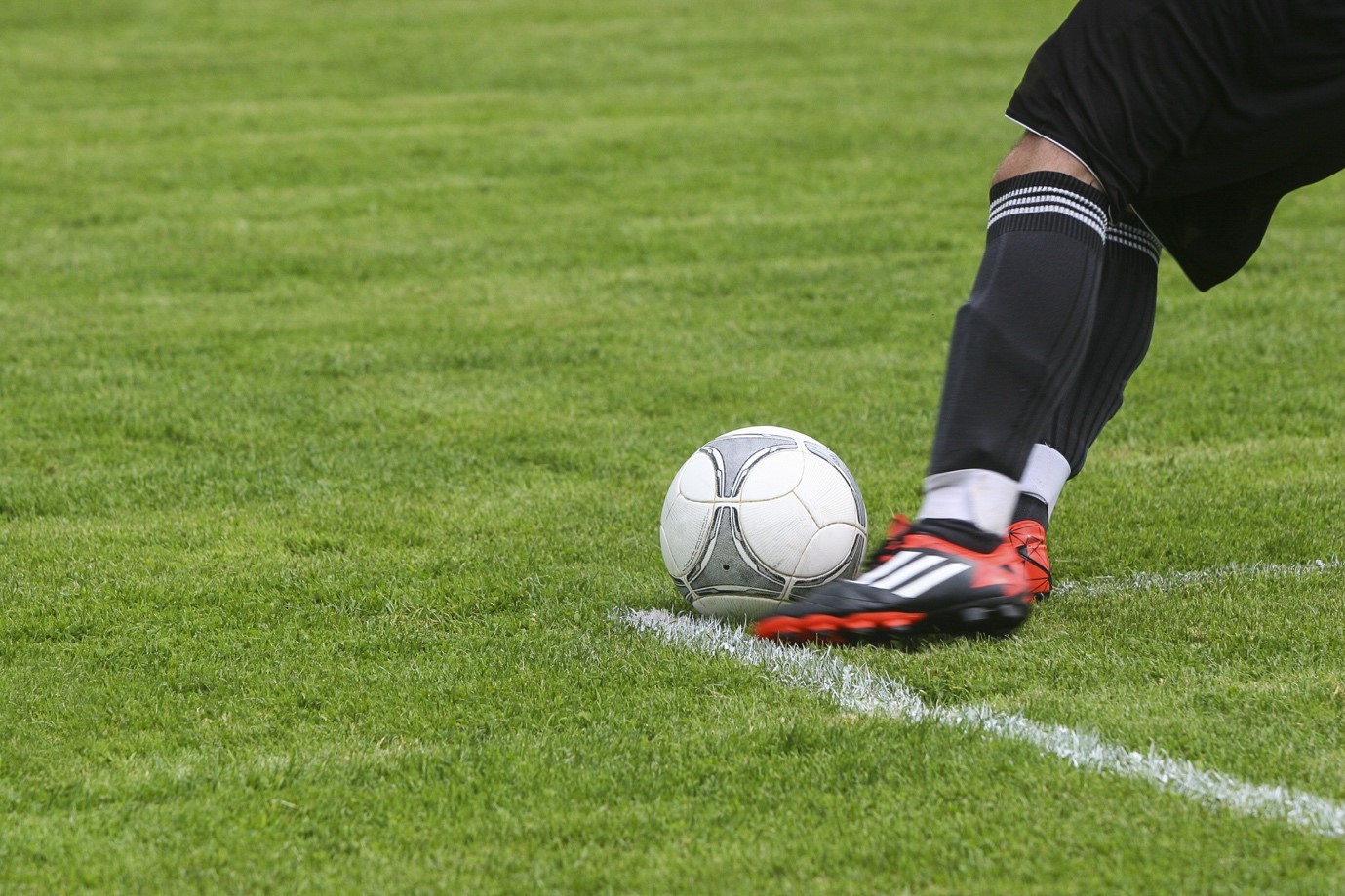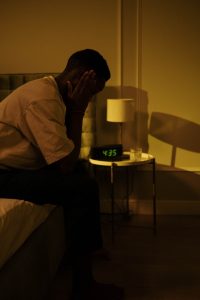“I’ve no real problem getting to sleep, but I always seem to wake up around 3 am and then struggle to get back to sleep”. Does this sound familiar to you?
Many people struggle with “wake episodes” and find themselves feeling frustrated, stressed and ultimately not getting a full restful sleep because waking up has become a habit they have inadvertently developed. Of course, wake episodes are normal enough but if we struggle to fall back asleep, they will cost us in terms of how we feel and impact the quality of our sleep. Here we examine what are wake episodes and what we can do to manage them better.
Is it normal?
Sleep is not one uniform event that happens at night. It is comprised of a series of sleep-wake cycles where we often wake up briefly toward the end of a cycle. Most of us don’t remember these waking moments and fall back to sleep easily. The amount of wake
episodes increases as we age, so our sleep is more likely to be disrupted, the older we get. Why do wake episodes happen? There are many reasons they occur; some form part of brain activity and circadian rhythm and others are self-imposed through our daily choices. An important point to make is that we can influence them and re-train our brains to reduce them. Waking is most likely to happen at the end of a 90-minute sleep cycle and is more likely to happen as the night progresses as our sleep naturally gets lighter as the night goes on. The reason our sleep gets lighter is that we spend more of our time asleep in the REM or dream phase and this is naturally lighter. Sleep pressure also drops causing the brain to wake easier. Missing out on REM sleep will affect our cognitive capabilities the next day. During the REM phase sleep is where most of the psychological repair happens, memory, learning, reaction time and general brain structure are all impacted. Most people crave “deep sleep” thinking this is the best, but the lighter phases of sleep are equally important and missing those phases which will impact mental, cognitive and psychological functioning the most. Is there anything we can do to impact this?
Joining The Dots
When we sleep right through the night, we generally feel better, physically and mentally. We can influence some of the stimuli that contribute to waking episodes. Caffeine can be one of those. It takes 5 to 8 hours for our body to eliminate 50% of the caffeine we consume. Caffeine not only delays sleep but also agitates the nervous system, increases cortisol levels and stops us from going and staying in deep sleep. Cutting down on caffeine will reduce wake episodes and making sure we don’t drink caffeinated products after 1 pm will also help. Timing is very important when it comes to sending brain signals.
Exercise timing informs sleep and can disrupt our sleep patterns. Generally, we need to treat exercise the same as food; leave about 2-3 between our last exercise and sleep.For most people, increasing physical activity levels during the day has been shown to reduce the number of wake episodes. Another determining factor that people forget about is their mattress, bed and pillow. Ensuring we have adequate support and alignment can heavily influence sleep as our body will constantly move and adjust position if our mattress is of poor quality. In our studies with the athletes, we found that each of them experienced a reduced amount of wake episodes when they got a new mattress. Sleep environment can be hugely influential in determining our sleep patterns and behaviours. Make sure your bed and bedroom are conducive to good sleep. The quality of that sleep will determine how well you feel and perform mentally the next day.
How Sleep Impacts Cognition
Performance and productivity on any level are not just determined by our physical ability, skills or habits. How efficiently we carry out tasks, even those mundane day to day things is mostly determined by how well we slept the previous night. Most of the psychological repair, cognitive functioning, memory consolidation and other crucial functions are happening in the second half of the night. We know for example that if you are mentally fatigued from tiredness, your reaction times will drop off. There is nothing that you can do to retrieve this cognitive ability except sleep. For athletes, we see this lack of mental functioning in stressful conditions. How often have we seen athletes make a poor choice right at the crucial moment? This is why achieving adequate sleep is so important for athletes. Shot accuracy, decision-making, reaction and many other aspects of sports performance and heavily influenced by sleep quality and wake episodes. Remember, there is no substitute for good sleep, there is no supplement that can outperform sleep and you can dramatically improve your reaction times and abilities with the superpower of sleep.
James’ Case
One is the most critical aspects of performance for James is his ability to make the right decisions very quickly and his reflexive reaction times. This is backed by research; Sleep plays a key role in cognitive recovery, especially in maintaining attentional systems. (Taheri et al, 2012)
James experienced a significant drop in the number of wake episodes after receiving his mattress. This drop was over 50% and so his overall sleep quality improved greatly. James reported that the quality of his sleep is hugely different, and he is now waking up feeling energized.
Taking care of many different elements when it comes to sleep will greatly improve how you feel and perform. These are very real quantifiable differences that we can measure. Get the basics right, invest in your sleep system and see how that can make you fitter, faster and stronger.
James Talbot Selected MLily Premier 3000 Mattress



